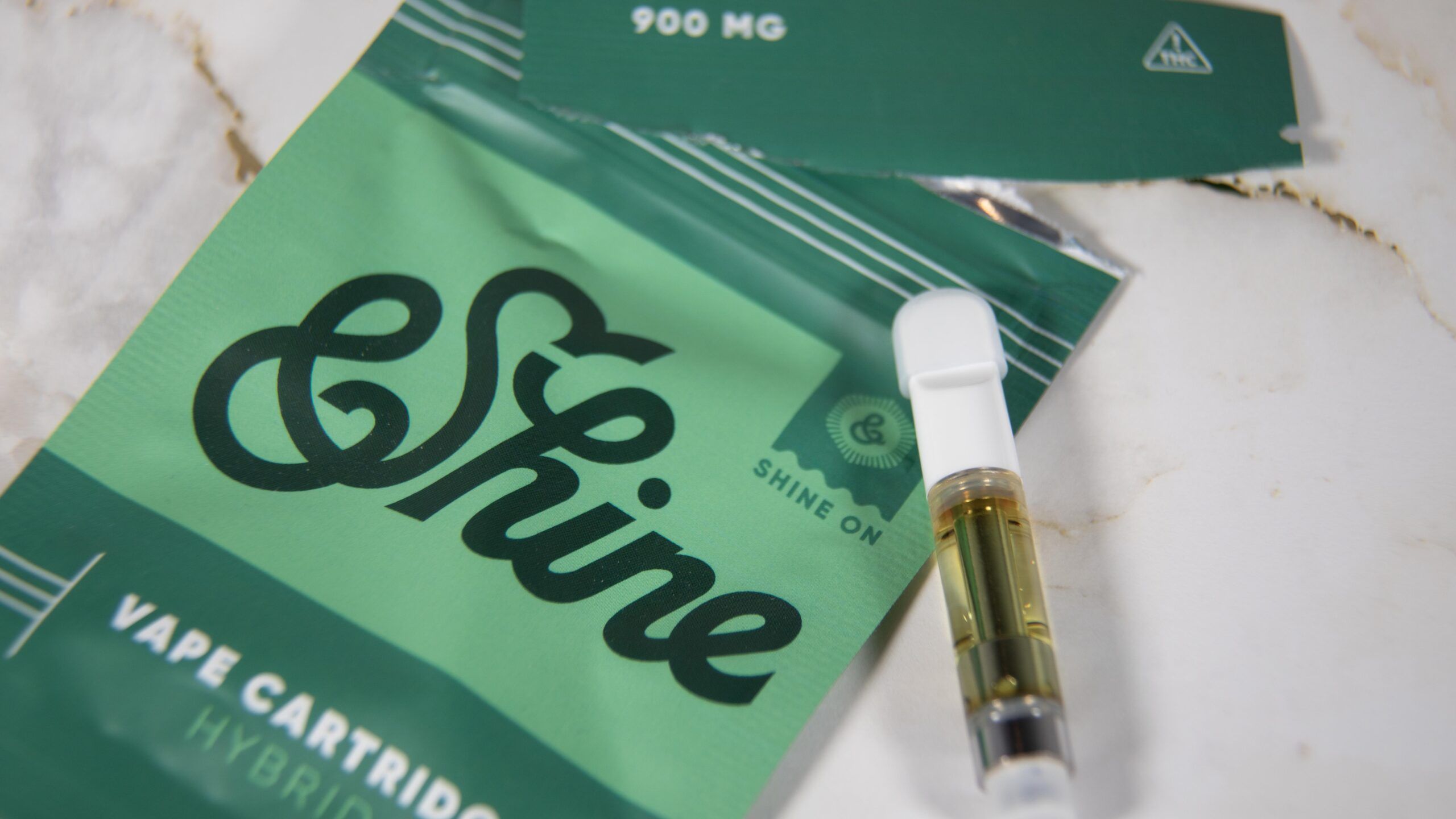The regulated cannabis market in Michigan took a serious safety hit in 2025 when state regulators issued multiple recalls of vape cartridges due to unsafe additives. The incident underscores the risks of product contamination, liability for producers and retailers, and the broader implications for the industry in Michigan.
Here’s what we know, what it means, and how the market moves forward.
What happened: Timeline & Issues
August 12 2025 – Major Recall
The state’s Michigan Cannabis Regulatory Agency (CRA) announced a recall of more than 26,000 vape cartridges sold under brands such as Motor City Cannacarts (Georgia Pie, Confetti Cake) and RIPZ (Peach Cobbler, Wedding Cake, Ice Cream Man, Tropic Thunder). The issue: the cartridges were found to contain medium-chain triglyceride (MCT) oil, a diluent banned in Michigan vape products for inhalation. READ MORE: MJBizDaily
August 27 2025 – Additional Recall
On August 27, CRA issued another bulletin: 5,765 vape cartridges from Exclusive Brands (Kushy Punch Vapes “Pineapple Jealousy”) sold between Jan 23–May 12 2025 contained MCT oil and were recalled. READ MORE: Michigan
Scope & Retail Impact
The cartridges in question were sold at dozens of dispensaries across Michigan. Reports note that one recall batch alone was sold through at least 75 dispensaries. (Metro Times) While precise revenue loss figures haven’t been publicly consolidated, given the volume (30,000+ cartridges across multiple brands) and retail value of vapes, the hit to manufacturers, retailers and the regulated supply chain is substantial.
Why MCT Oil Is Problematic
MCT oil is a diluent often used in unregulated vaping products. Regulatory scrutiny was heightened after the 2019–2020 EVALI (e-cigarette, or vaping, product use-associated lung injury) crisis, which identified vitamin E acetate and other additives as major culprits. READ MORE: Wikipedia In Michigan’s regulated market, the use of MCT oil in inhalable vape cartridges is banned due to potential respiratory hazards. The discovery in licensed products caused immediate safety and regulatory trouble.
What the Recall Means for Michigan’s Market
Revenue & Trust Erosion
- Manufacturers and retailers will absorb the cost of: product recalls, returns, remediation, destruction, inventory write-downs and lost sales.
- For consumers, this kind of health scare shakes trust in the “legal” supply chain, possibly driving some back to illicit sources.
- For the state government and regulators, oversight failures can undermine the regulatory regime’s credibility.
Industry Disruption
- Retailers pulled affected SKUs from shelves; some stores posted recall notices and processed returns. READ MORE: Michigan
- Suppliers not yet manufacturing compliant products may face tighter regulation, higher testing scrutiny and possible enforcement actions.
- Smaller operators may face capital stress; larger brands must manage brand-crumbs of contamination risk and maintain consumer confidence.
Regulatory & Compliance Pressure
- CRA will likely increase inspections, testing for banned additives, and enforcement actions for non-compliance.
- Product formulation, packaging (e.g., child-proof, tamper-evident), labeling, and testing standards will be under the microscope.
- Operators must maintain traceability (via Metrc tags in Michigan) and adverse-reaction reporting obligations.
What Comes Next: Path-Forward for Michigan
1. Strengthened Oversight & Recall Protocols
CRA should prioritize:
- Faster and more frequent random testing of vape cartridges for banned diluents (MCT oil, vitamin E acetate, etc).
- Clearer product-approval pipelines before SKUs go live.
- Transparent recall frameworks so consumers, retailers and regulators move faster when issues arise.
2. Operator Risk Management & Compliance Investment
Cannabis operators must:
- Evaluate their vape supply chains end-to-end (formulation, materials, testing labs, batch records).
- Build internal recall readiness: inventory tracking, consumer notice procedures, return/disposal protocols.
- Consider broader insurance or contingency planning for product-liability exposures.
3. Consumer Education & Communication
To rebuild trust, stakeholders need to communicate:
- How the recall happened, what was found, and how safe products will be assured in the future.
- Why regulated market products are still safer than illicit ones (even with this lapse).
- When consumer notice, return, or disposal is required: e.g., “If you purchased ANY of the listed tag numbers, return to store or dispose.”
4. Market Recovery & Best-Practice Innovation
- Brands may launch verified, lab-tested “clean” vape lines, highlighting compliant diluents, transparent data, and batch-tracking.
- Retailers may differentiate via high-quality vapor products, strengthening consumer confidence.
- Regulators may consider tiered penalties for non-compliance, incentivizing proactive safety.
Bottom Line
Michigan’s large-scale vape-cartridge recall — tens of thousands of units containing banned MCT oil — is a major wake-up call for the state’s regulated cannabis market. The health and safety implications are serious, the economic impact substantial and the reputational risk real.
But the incident also presents an opportunity: a moment for the industry and regulators to strengthen safety protocols, rebuild trust and demonstrate that legal-market cannabis can be both safe and reliable. If Michigan acts decisively — via enforcement, transparency, compliance investment and consumer engagement — the market can emerge stronger, not weaker.
For consumers: always check vape product tags, know your brands, and report any adverse reactions promptly. For operators: treat product safety as a strategic imperative, not just a regulatory checkbox. For regulators: swift action, clear licensing standards and visible enforcement will restore confidence in Michigan’s cannabis ecosystem.
This episode is not just about a recall—it’s about the maturation of a legal cannabis market and the stakes of getting it right.







